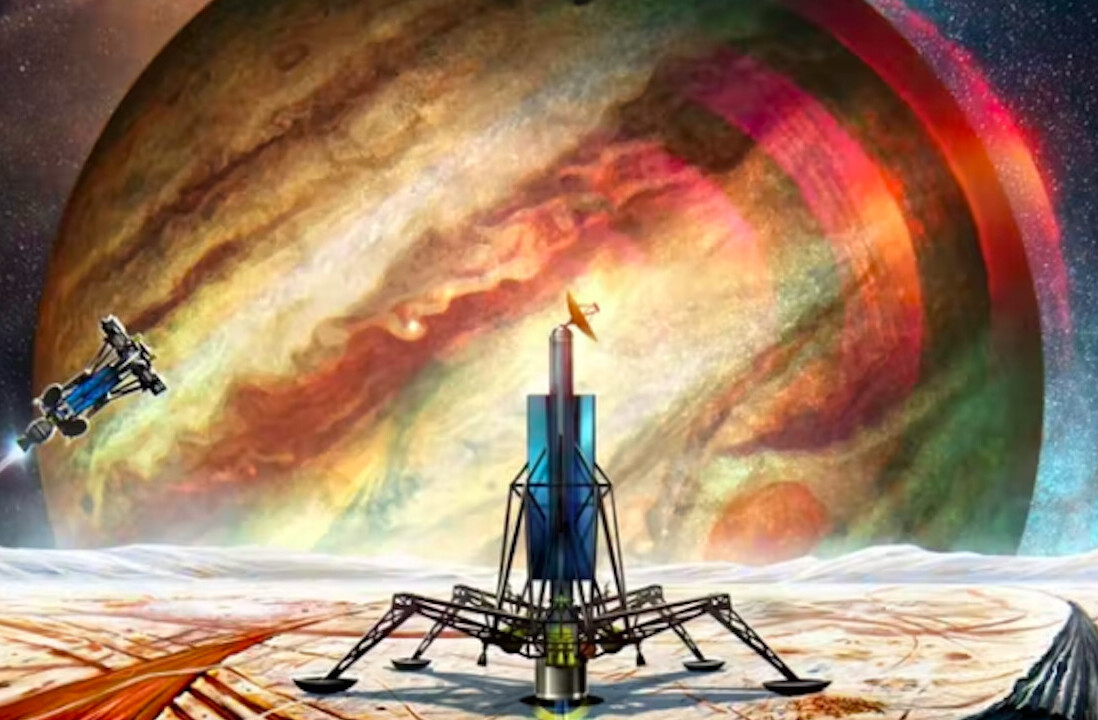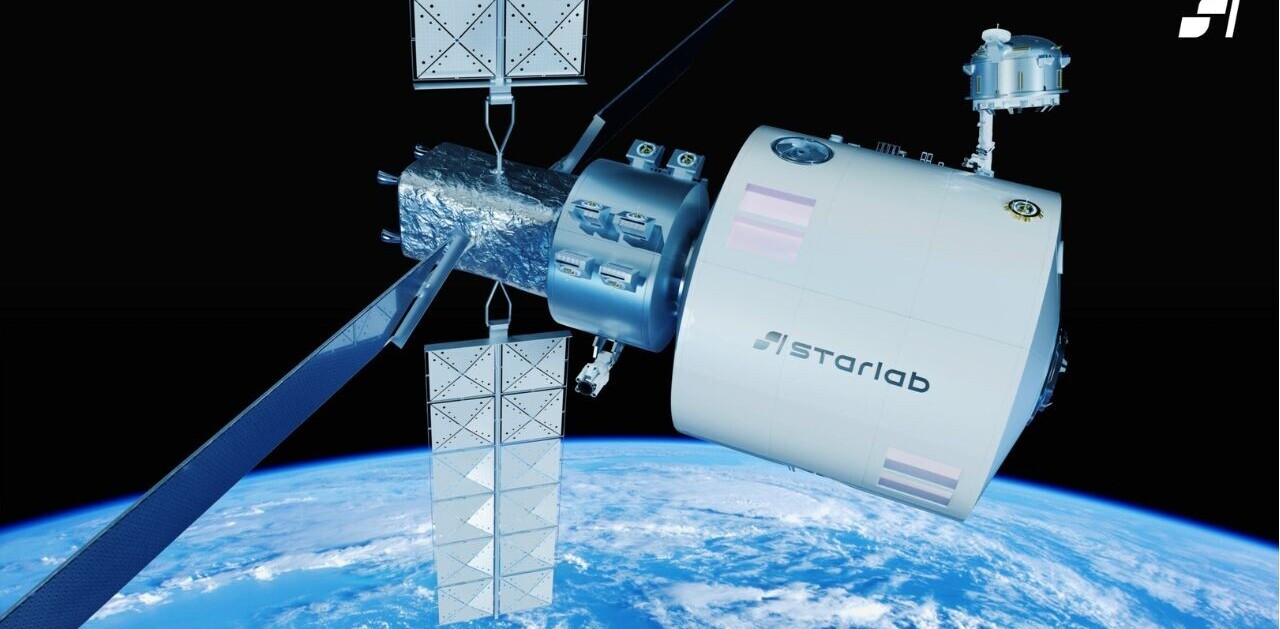
 NASA scientists were severely disappointed to hear the news that President Obama is canceling the agency’s Constellation project in favor of less costly alternatives.
NASA scientists were severely disappointed to hear the news that President Obama is canceling the agency’s Constellation project in favor of less costly alternatives.
The project, which hoped to put man back on the moon by 2020, is being shelved in favor of more unmanned probes, further experimentation on heavy-lift rocket systems and orbital tests of new technology. However, NASA scientists say that this decision will severely impede Mars exploration efforts, and represents a significant loss of existing resources.
A NASA Scientist, who requested to remain unnamed, said that this decision will unnecessarily junk previous investments.
“The Constellation program has had some serious issues, but it’s hard to build a rocket. Starting from scratch after spending $2 billion doesn’t seem like a particularly good idea, and a lot of engineers are going to lose their jobs because of this decision, “ she said. She added that, “What really irritates me about the decision is that now we won’t be going back to the Moon for ages. Robotic missions are fine, but we’ve been doing that for 50 years. if we want to go to Mars someday, we have to go to the Moon first.”
In lieu of lunar exploration, the President has asked NASA to focus on Earth Observation.
Combined with recent announcements regarding the privatization of the space program, this suggests that President Obama has grown tired with NASA’s persistent budgetary issues. By axing the trip to the Moon, Obama hopes to save resources for a potential future Mars trip.
This would be fine if a Moon trip weren’t so important along the road to Mars. While the Moon trip would be a mere fraction of the length of the Mars mission, it’s a necessary proof of concept for the Mars mission. Certain systems necessary to survive an extraorbital mission cannot be tested in low Earth orbit. By making a manned trip to the Moon, these vital systems could be given the shakedown and test that they will need. If the Obama Administration doesn’t wish to give up on a manned mission to Mars, they should reverse their decision and keep the Constellation program alive, despite its many flaws.
Get the TNW newsletter
Get the most important tech news in your inbox each week.




